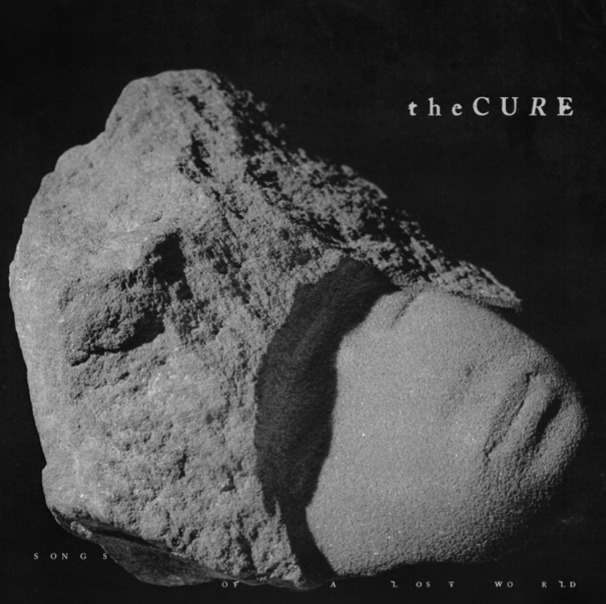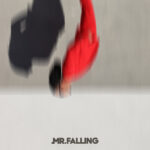
The Cure made a long-awaited comeback after 16 years with the release of their 14th studio album, “Songs of a Lost World,” a collection centered on a uniquely melancholic sound.
Led by Robert Smith, the English alternative band has produced numerous upbeat hits like “Friday I’m In Love,” “Boys Don’t Cry,” and “Just Like Heaven.” While those ’80s classics radiate joyful emotions through romantic lyrics, the band’s newest release conveys profound sadness through Smith’s somber reflections.
In an interview on The Cure’s YouTube channel, Smith admitted he intended the entire album to be “relentlessly downbeat,” a goal he accomplished. The album explores the inevitability of time and its effects on life, a theme woven throughout the eight tracks.
The tone is set with the opening track, “Alone,” inspired by the poem “Dregs” by Ernest Dowson. The song begins with three minutes of mournful instrumentation before Smith’s haunting vocals take over. The disheartening lyrics emphasize feelings of isolation, forcing listeners to confront the passage of time. Singing, “This is the end of every song that we sing,” Smith adds irony to the track, perfectly establishing the album’s bleak tone.
“And Nothing Is Forever” stands out as a delicate and introspective second track. Smith reflects on a promise to a loved one who was ill, creating a romantic yet perpetually somber atmosphere. In lyrics like, “Promise you’ll be with me in the end,” Smith memorializes the relationship, offering a poignant contrast to the opener.
As the album progresses, tracks like “A Fragile Thing,” “Warsong,” and “Drone:Nodrone” bring a slight shift in tone with more upbeat instrumentation. Despite lively string solos and thundering drums, “Drone:Nodrone” remains particularly dark, capturing Smith’s feelings of nostalgia in a rapidly changing world.
Smith continues to reflect on the past with “I Can Never Say Goodbye” and “All I Ever Am,” two cathartic tracks filled with vivid, emotional lyricism. In “All I Ever Am,” the final lyric, “And all for fear of what I’ll find if I just stop,” abruptly ends the song and transitions listeners to the album’s closing track, “Endsong.”
“Endsong” spans 10 minutes, with its introduction alone lasting six. Despite its length, the track concludes the album fittingly by revisiting the opening lyric, “The end of every song.” The slow-paced intro and outro mirror the album’s central theme—the slow, inevitable march of time.
The Cure’s use of drawn-out introductions calls back to their earlier works like “Pictures of You” and “Homesick,” though here it feels especially meaningful. These slow intros underline the weighty themes of loss, nostalgia, and the passage of time that permeate “Songs of a Lost World.”
Fans who endured the long wait for this album can look forward to more, as Smith has hinted at a second installment in a planned trilogy. Even if the trilogy doesn’t come to fruition, “Songs of a Lost World” delivers eight evocative tracks that showcase The Cure’s modern sound. The album is a must-listen for fans and newcomers alike who appreciate emotional depth in music.


